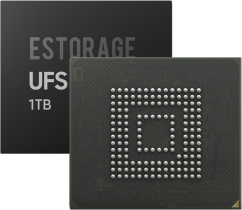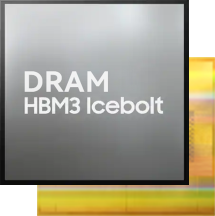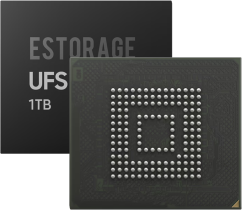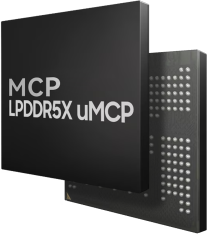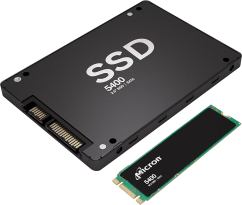The Qualcomm QCA8081 is a Gigabit Ethernet PHY (Physical Layer Transceiver) designed for use in networking devices, particularly in routers, switches, gateways, and access points. It supports Gigabit Ethernet speeds (10/100/1000 Mbps) over copper cabling (typically Ethernet). It is typically used in systems that require efficient, high-performance wired Ethernet connections.
If you are looking for equivalent ICs to the Qualcomm QCA8081, you would typically look for Gigabit Ethernet PHYs from other manufacturers that offer similar features such as low power consumption, support for Gigabit speeds, and compatibility with IEEE 802.3 standards. Here are some alternatives:
1. Broadcom BCM54810
Ethernet Standard: 10/100/1000 Mbps (Gigabit Ethernet)
Features:
Low power consumption with energy-efficient features.
IEEE 802.3 and 802.3u compliant.
Supports both MDI/MDX auto-sensing for simplified design.
Applications: Used in various networking devices, including switches, routers, and home Networking Equipment.
Advantages: Broadcom is a major player in Ethernet PHY solutions and offers reliable, widely adopted products for high-performance networking.
2. Realtek RTL8211F
Ethernet Standard: 10/100/1000 Mbps (Gigabit Ethernet)
Features:
Integrated auto-negotiation, Wake-on-LAN, and Energy Efficient Ethernet (EEE).
Support for both MDI/MDX for flexible wiring configurations.
Compliant with IEEE 802.3 standards, including support for Gigabit Ethernet.
Applications: Found in routers, access points, and embedded systems for high-speed wired networking.
Advantages: Realtek's PHYs are commonly used in consumer networking devices, providing solid performance at a competitive price.
3. Marvell Alaska 88E1540
Ethernet Standard: 10/100/1000 Mbps (Gigabit Ethernet)
Features:
Integrated MDI/MDX auto-sensing and power-saving features like Energy Efficient Ethernet (EEE).
Supports IEEE 802.3 standards, including Gigabit Ethernet and Auto-negotiation.
Applications: Typically used in routers, home gateways, and industrial Ethernet applications.
Advantages: Marvell's PHY Chips are well-regarded for their efficiency and wide compatibility with various Ethernet standards.
4. Microchip LAN8720
Ethernet Standard: 10/100/1000 Mbps (Gigabit Ethernet)
Features:
Low-power Gigabit Ethernet PHY with auto-negotiation and MDI/MDX auto-sensing.
Compliant with IEEE 802.3 standards and supports Energy Efficient Ethernet (EEE).
Applications: Widely used in home networking and industrial applications, such as routers, access points, and smart devices.
Advantages: Known for its low power consumption and ease of integration into various systems.
5. Texas Instruments DP83867IR
Ethernet Standard: 10/100/1000 Mbps (Gigabit Ethernet)
Features:
Full compliance with IEEE 802.3, 802.3u, and 802.3ab standards.
Low-power Gigabit Ethernet PHY with Energy Efficient Ethernet (EEE) support.
MDI/MDX auto-sensing and auto-negotiation.
Applications: Typically found in industrial applications, routers, switches, and automated systems.
Advantages: TI offers high-quality, reliable PHYs with a focus on power efficiency and robust performance.
6. Microsemi VSC8511
Ethernet Standard: 10/100/1000 Mbps (Gigabit Ethernet)
Features:
Low-power, high-performance Gigabit Ethernet PHY.
Supports IEEE 802.3 standards, including auto-negotiation and MDI/MDX auto-sensing.
Includes Energy Efficient Ethernet (EEE) support for low power consumption in idle or low-traffic conditions.
Applications: Typically used in Ethernet switches, routers, and IoT devices.
Advantages: Microsemi offers high-quality, energy-efficient solutions for industrial and networking applications.
7. Broadcom BCM54140
Ethernet Standard: 10/100/1000 Mbps (Gigabit Ethernet)
Features:
Fully compliant with IEEE 802.3 and supports auto-negotiation and MDI/MDX auto-sensing.
Designed for low-power operation with integrated Energy Efficient Ethernet (EEE).
Applications: Found in network switches, routers, and other home or commercial networking devices.
Advantages: Broadcom is known for its reliable and widely adopted Ethernet solutions with good performance in consumer and industrial applications.
Key Considerations:
Compliance with IEEE Standards: All of these alternatives comply with IEEE 802.3 standards, ensuring compatibility with the wide range of Ethernet equipment and networks.
Low Power Consumption: Many of these PHYs integrate Energy Efficient Ethernet (EEE) and other power-saving technologies, which is critical for battery-powered and low-power devices like routers, switches, and IoT devices.
Auto-Negotiation and MDI/MDX: All these chips support auto-negotiation (the ability to automatically detect and adjust the connection speed) and MDI/MDX auto-sensing (which ensures correct connection polarity), making them easy to integrate into networking systems.
Applications: These PHYs are commonly found in networking devices such as routers, switches, access points, and gateway devices.
Conclusion:
The Qualcomm QCA8081 is a Gigabit Ethernet PHY, and its equivalents from other manufacturers like Broadcom BCM54810, Realtek RTL8211F, Marvell 88E1540, Microchip LAN8720, Texas Instruments DP83867IR, and Microsemi VSC8511 offer similar capabilities. Each of these alternatives offers support for Gigabit Ethernet speeds, energy-efficient operation, and compliance with IEEE 802.3 standards, making them suitable replacements for the QCA8081 in networking applications. The choice among these would typically depend on factors like power consumption, cost, availability, and any specific integration needs for your design.
Other
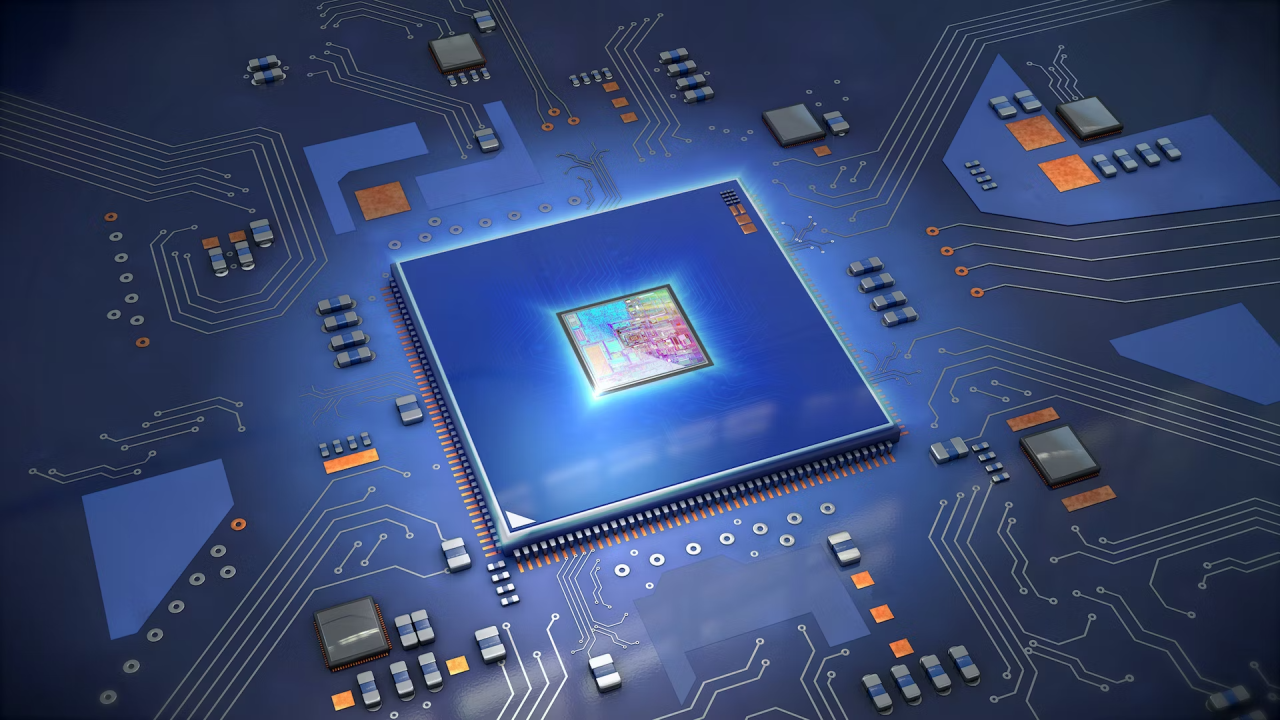
What is HBM (High Bandwidth Memory)?
2024.09.05
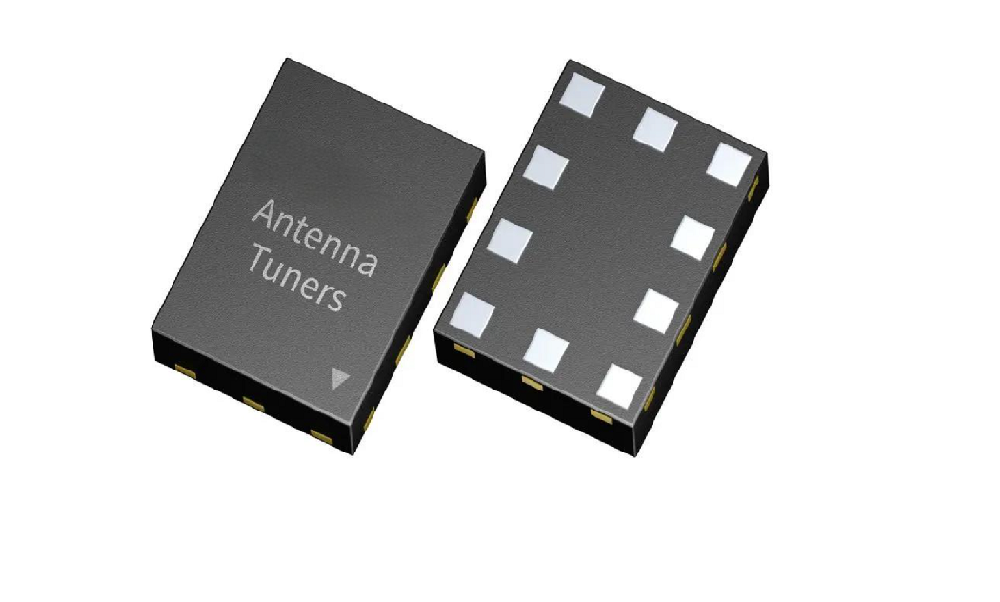
What is Antenna Tuner IC?
2024.09.20
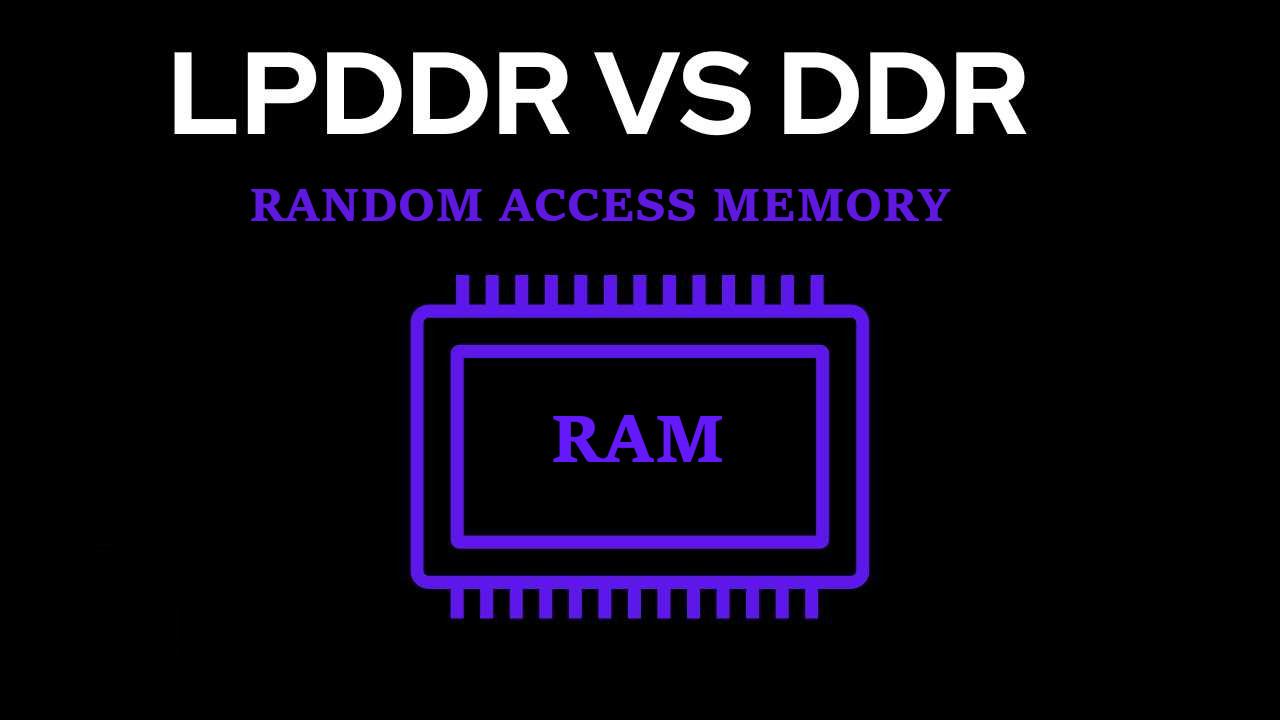
What’s the Difference between LPDDR and DDR?
2024.09.25
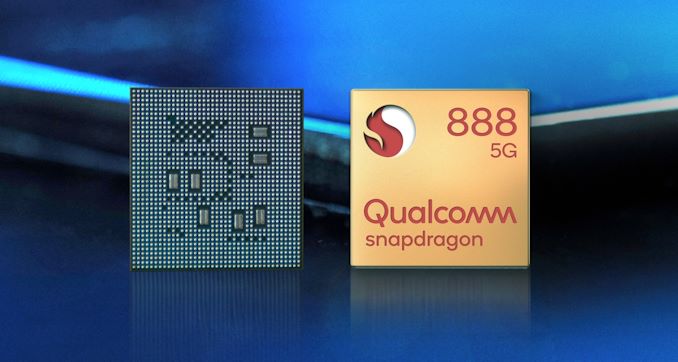
Snapdragon 888 5G Mobile Platform
2024.09.26
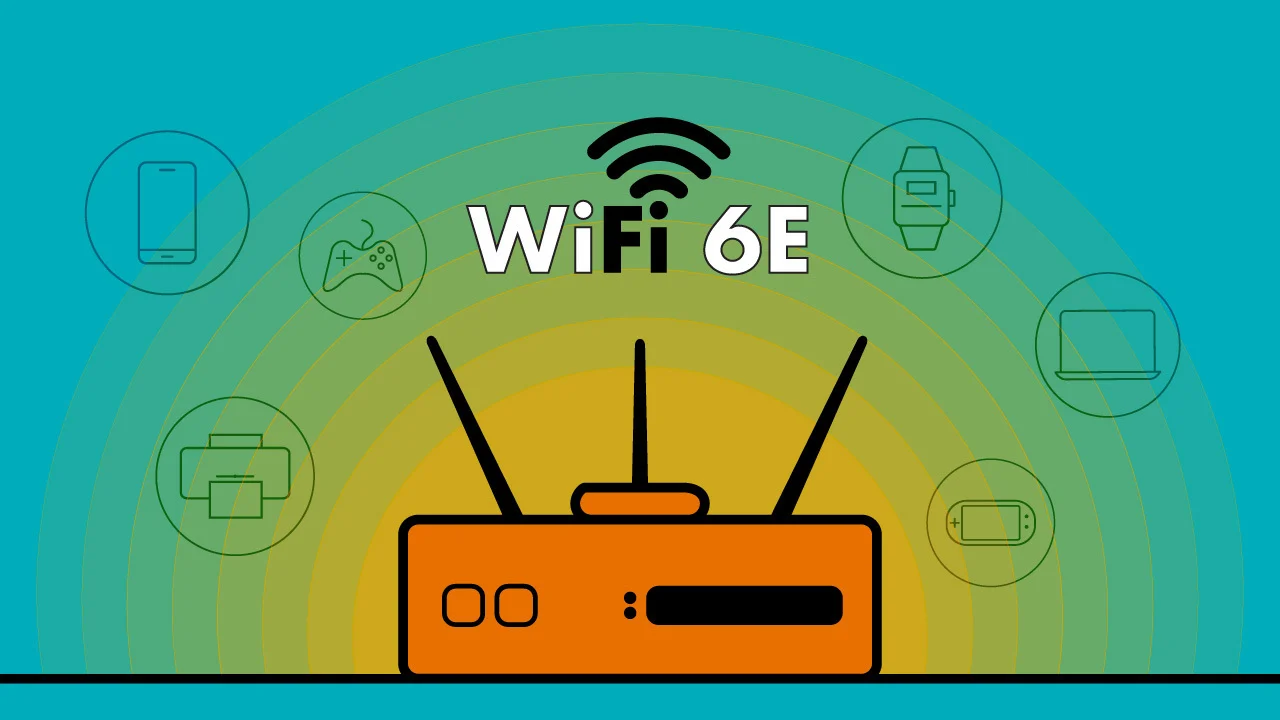
What is WiFi 6E?
2024.09.26
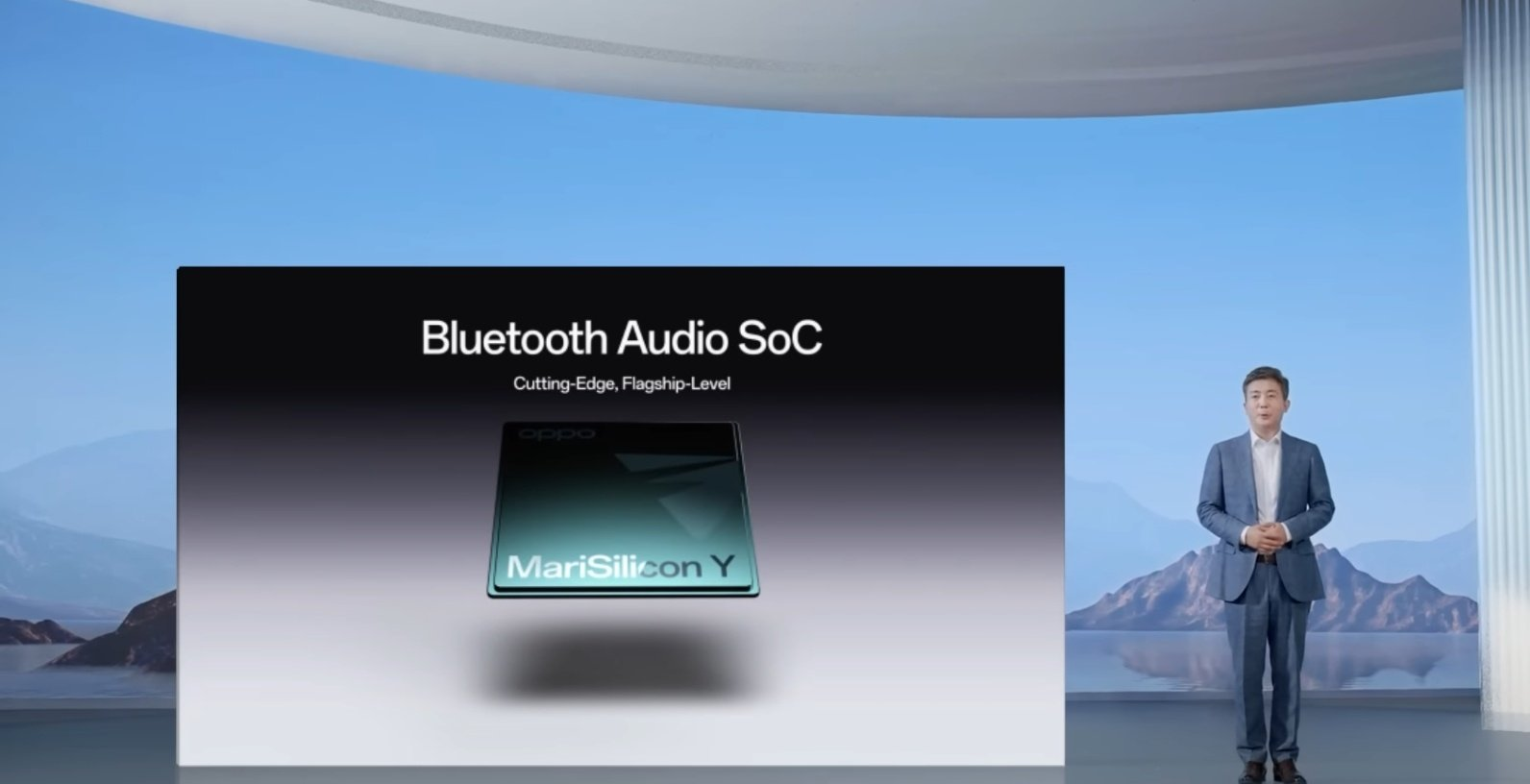
What is Bluetooth Audio SoC?
2024.09.26
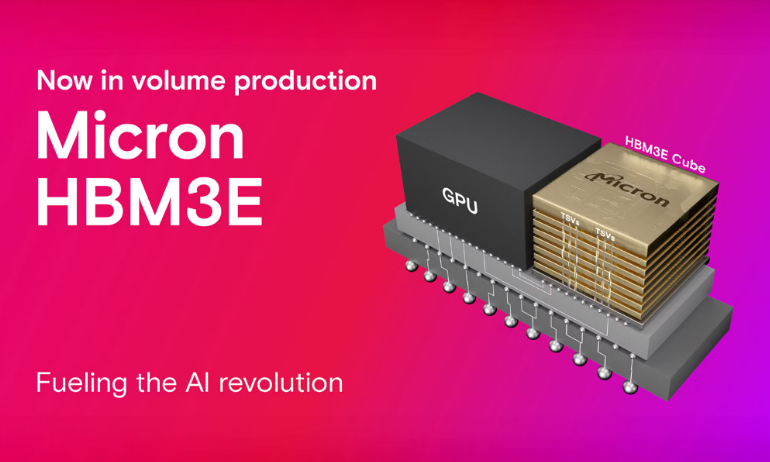
What's HBM3E (High Bandwidth Memory 3)?
2024.09.26

What is an Audio Codec?
2024.10.09

